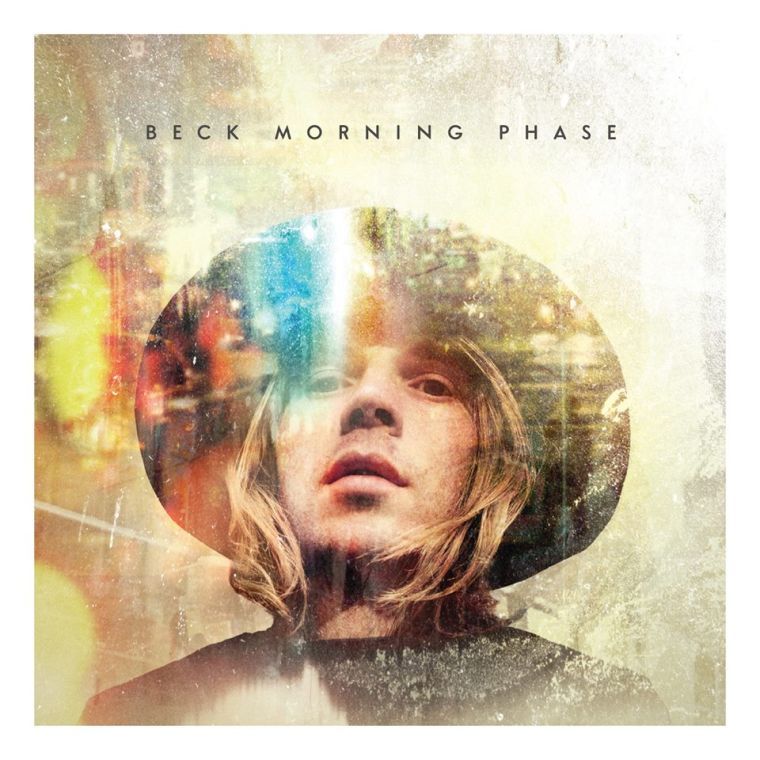Beck harkens back to older sound on surprising new record
February 24, 2014
Morning Phase
Beck
Grade: B+
After a six-year silence — though the hiatus is much shorter if you include his extremely old-fashioned sheet-music compilation “Song Reader” from last year — Beck returns with the somber and sober Morning Phase.
Serving as a sister album to his heartbreaking 2002 masterpiece Sea Change, Beck uncharacteristically returns to familiar ground. And although there is the initial disappointment of Beck reworking a proven formula rather than trailblazing new sounds and transcending expectations, a passionate retread worked with 2005’s Guero — essentially a 21st-century update of his ’90s magnum opus Odelay — and it works here, too.
The surprise of the first go-around may be absent, but in Morning Phase, stripped of the goofy gimmicks — the heavy sampling, the blatant genre homages and the straight-faced irony — of many of his more light-hearted efforts, Beck flexes his songwriting muscles more than ever with his most serious and mature album yet.
However, many features of Sea Change come forward in Morning Phase without any hesitation, such as the constantly stirring strings and expansive echo on Beck’s curiously dark voice. New directions include the tricky chord progressions that become more bizarre with each track as Beck, despite following songwriting formula 101, is seldom predictable when it comes to honest musicianship.
Absent is the stinging emotional impact and grainy, rough-edged quality of Beck’s performance and lyrics on Sea Change, but Phase is very successful in its own right. Tracks such as “Heart Is a Drum” and “Say Goodbye” channel more of an acoustic Dave Matthews sound and are arguably the most satisfying on the record — the latter song being built on muffled rock sensibilities accented with some sassy banjo riffs.
Beck is notorious for resisting the times in which he lives, but he gives in to modern tastes with the smooth electronics on the simple, synth-heavy “Unforgiven,” a transfixing, ponderously paced pseudo-jazz piece. The prominent strings are utilized to great length as the only instruments on “Cycle” and “Phase” and paired with just Beck’s voice on “Waves,” an engagingly eerie but lyrically heavy-handed ballad.
During the latter half of the album, Beck refuses to lose steam by switching gears to folk-focused sounds, free of the annoying hipsterism that has plagued folk’s current revival. Instead, the pleasant ease of “Don’t Let It Go”, the sprightly melodies from “Blackbird Chain” and the indie-soundtrack-ready loveliness of “Turn Away” are all endearing, hearty and transporting. Even the southern-inspired “Country Down” is confidently performed and sports Beck’s admirable harmonica skills.
Beck, in order to match the more powerful moments of Sea Change, goes grandiose on sweeping and emotional tracks such as “Blue Moon” and the climactic finale “Waking Light.” Both feature the best lines on the album, including textured images such as Beck’s description of “the songbird calling across the water outside my asylum,” compensating for the relatively unmemorable lyrics as compared to the strangely poetic nonsense of most of his previous work.
The tried and true wacky hip-hop beats, genre bending instrument choices and bafflingly absurd lyrics would have been most welcome, but Sea Change Part Two works surprisingly better than expected. Though not inspired by the real-life heartache that made its sister album an instant classic, Morning Phase is Beck in simplest terms and in modest reduction, mostly featuring him and his acoustic guitar. And after so many albums, he continues to reign as one of the more remarkably interesting and inventive songwriters of his time.
On the final track Beck sings, “When the morning comes to meet you, rest your eyes waking light.” With an album largely devoted to describing the morning, it’s just nice to know that he has the whole day ahead of him.



